Results
-
£127.30
Beginner's Suite - Øystein Sjøvaag Heimdal
This is a four-part suite written for beginning bands at grade level 1. The four movements are different in character and style, and can be performed as a suite or as single movements.Every part is challenging and the melody areplayed by various instruments throughout the piece.Several doublings makes it playable also with a smaller band than the scoring indicate.
Estimated dispatch 7-14 working days
-
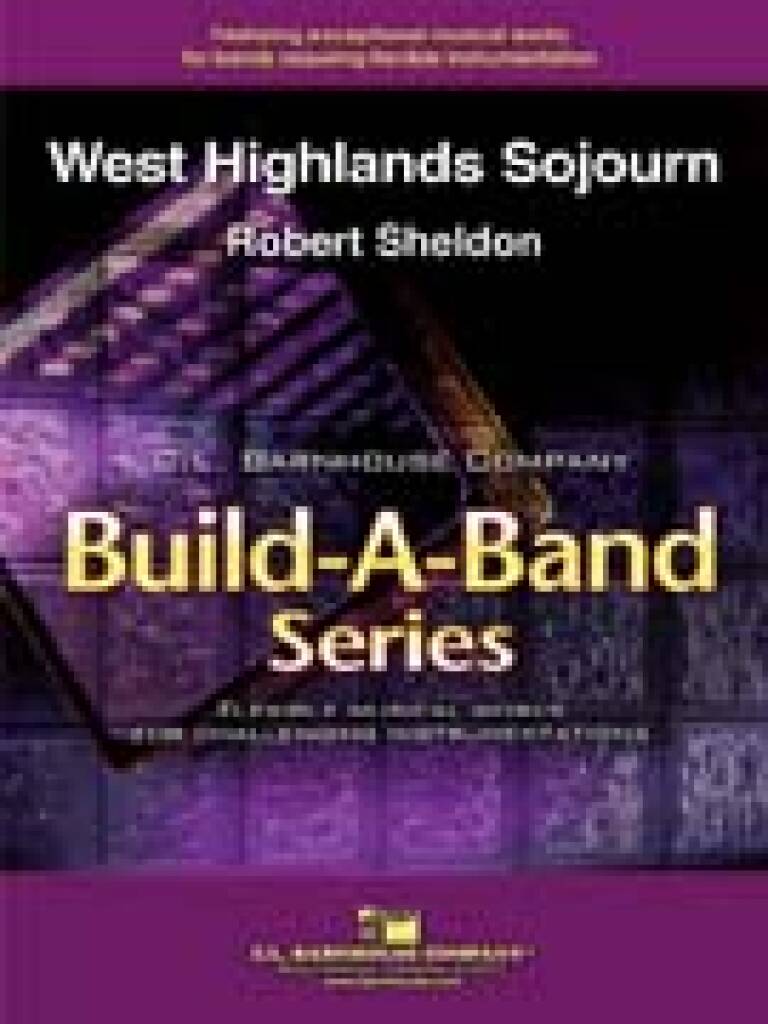 £76.99
£76.99West Highlands Sojourn - David Sheldon
Inspired by this popular composer's journey through the western hill country of England and Wales, this delightful piece borrows from folk melodies he heard on a river near the Scottish border. The three contrasting sections of the piece make it equally suitable for concert or contest use. This Build-A-Band version makes this wonderful composition playable by very small bands and it will sound great as long has you have the four essential parts covered. Optional percussion and keyboard parts can add to the overall effect.
Estimated dispatch 7-14 working days
-
£134.99
Katarakt - Steve Willaert
Katarakt is a 13-part fictional series about a young woman, Elisabeth, who sets out to save her in-laws' floundering fruit farming business at all costs. She dedicates herself to this with ruthless ambition, even though a serious eye complaint makes the task increasingly difficult for her. Elisabeth gradually discovers her past and comes to a few surprising realisations. The series is set against the background of fruit farming in the Hesbaye region and follows the rhythm of the four seasons. Juri Briat arranged this beautiful music, by Steve Willaert, for concertband and fanfare.
Estimated dispatch 7-14 working days
-
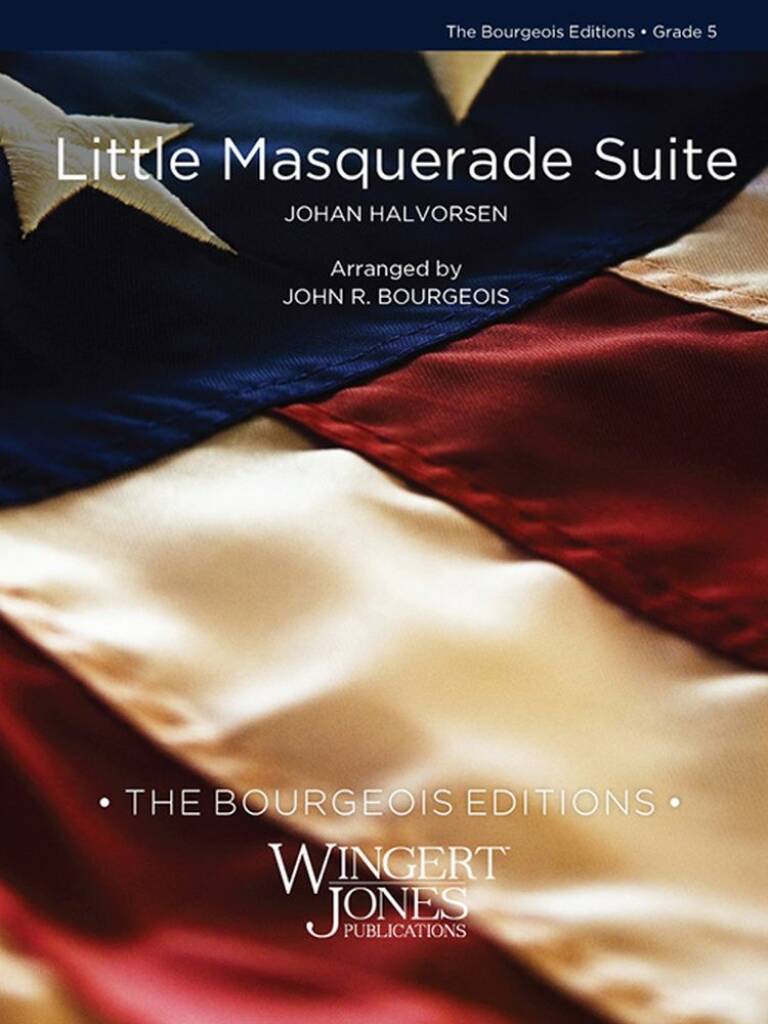 £121.00
£121.00Little Masquerade Suite - Johan Halvorsen
In 1922 Halvorsen was commissioned to write incidental music for the bicentennial performance of a comedy written by Norwegian playwright Ludvig Holberg. Masquerade calls for a diverse pallet of music depicting ballet and dance scenes filled with silly play and gaiety. As a result, the music is graceful, as found in Cotillion, playful as in the Bacchanale, and burlesque for the Rooster and Grotesque dances. The original Masquerade Suite for orchestra consisted of eight dances; this arrangement for concert band comprises the first, third, fifth and sixth movements of Halvosens original suite. A delightful programing selection displaying humor, wit and elegance in the four brief movements.
Estimated dispatch 7-14 working days
-
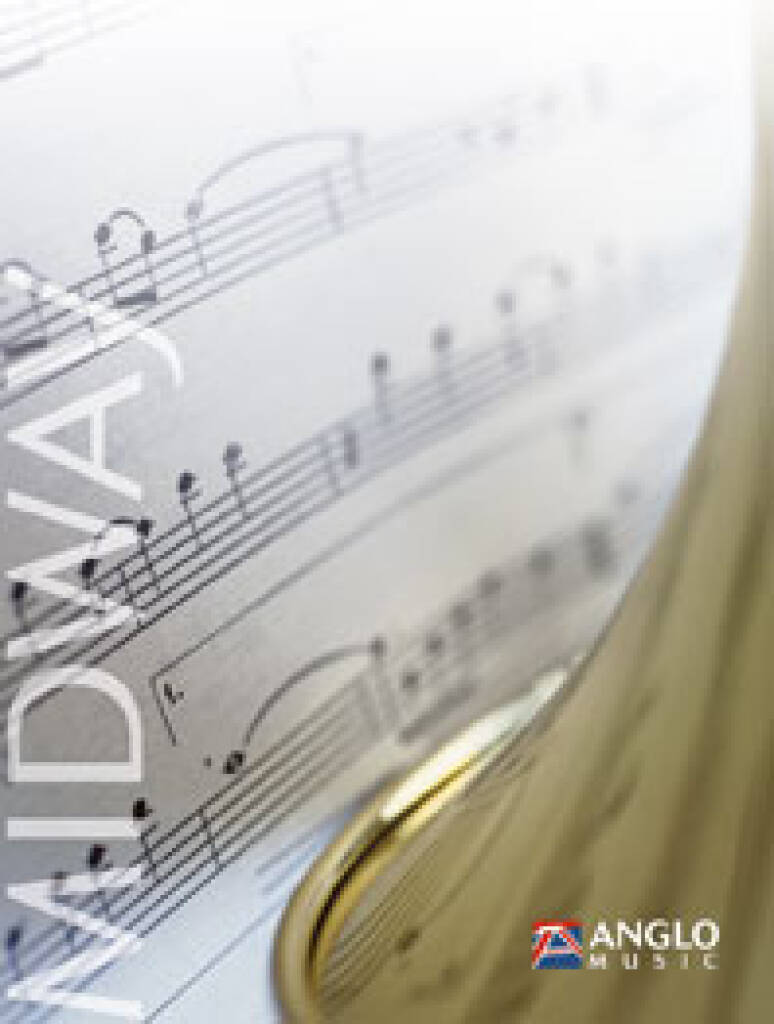 £87.99
£87.99Once in Royal David's City - Henry John Gauntlett
Sparkling woodwinds and majestic brass come together to bring us a wonderful arrangement of this classic carol! Each of the four verses are treated differently, creating beautiful textures and a multi-faceted setting of the familiar tune. This fresh new arrangement for developing bands is a great choice for both church and school!
Estimated dispatch 7-14 working days
-
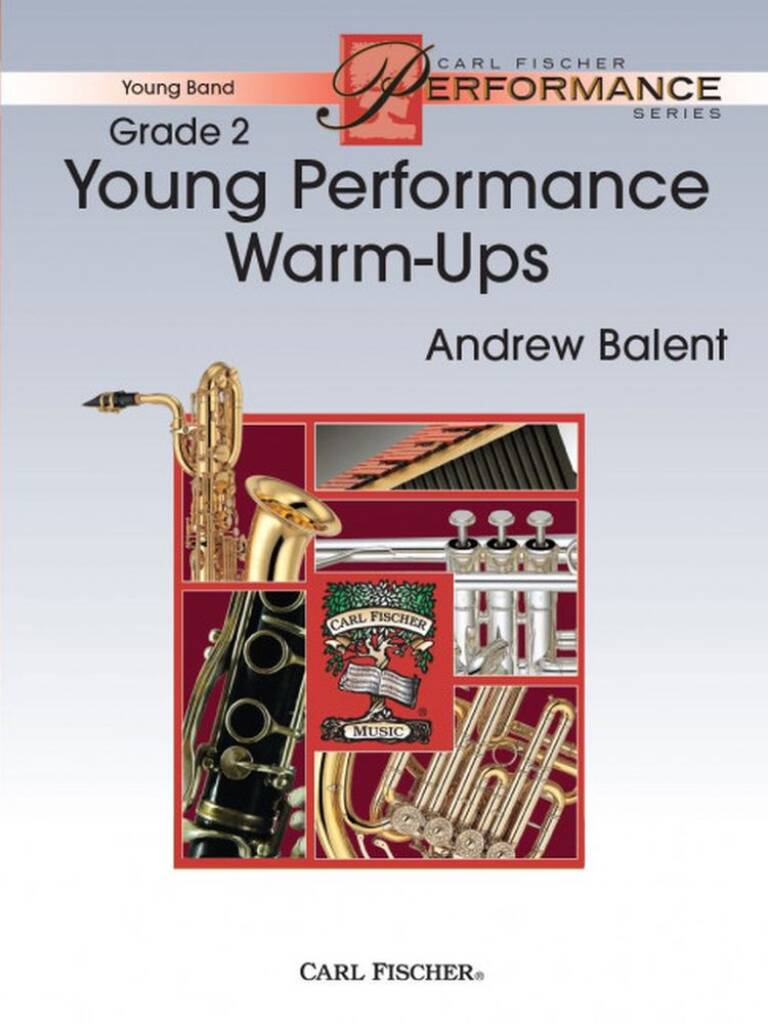 £84.50
£84.50Young Performance Warm-Ups - Andrew Balent
Start your band's rehearsal off on the right foot with these challenging warm-ups and you'll see the results in improved tone quality, intonation, ensemble balance and playing technique. Using the four basic band keys (Bb, Eb, F and Ab), Andy Balent has provided scales, arpeggios and special technical studies that are guaranteed to improve the quality of the band's playing. Two chorales (beautiful settings of the Navy Hymn and Bach chorale No. 42) and two rounds are also featured. Duration: 4'
Estimated dispatch 7-14 working days
-
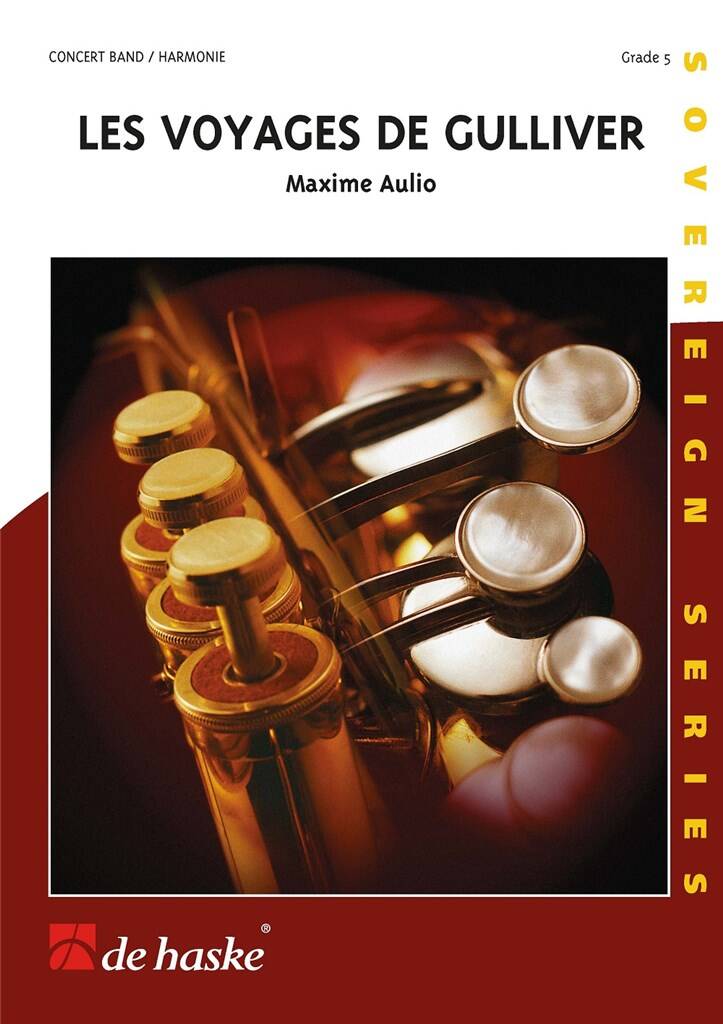 £244.99
£244.99Les Voyages de Gulliver - Maxime Aulio
Maxime Aulio composed Les Voyages de Gulliver (Gulliver's Travels) for the concert band of the Conservatoire National de Rgion in Toulouse (France) conducted by Jean-Guy Olive. The first performance took place in Toulouse (Auditorium Saint-Pierre des Cuisines) on April 25, 2001. The Anglo-Irish author Jonathan Swift (1667-1745) took about six years to complete his epic tale of adventure. The creative storyline, clear writing and subtlety of Gulliver's Travels have been engaging readers for generations. This literary travel between reason and foolishness was Maxime Aulio's inspiration for this piece. Each of the four movements of this suite is a review of Gulliver'sadventures, resembling the effect of a kaleidoscope, which juxtaposes small fragments of colour in a linear pattern.
Estimated dispatch 7-14 working days
-
£76.99
Reach Out / I'll Be There
Love, happiness and romance play the leading role in the song lyrics of The Four Tops. This popular quartet was founded in 1953 and produces songs with both gospel and R & B elements such as Reach Out (I'll Be There).
Estimated dispatch 7-14 working days
-
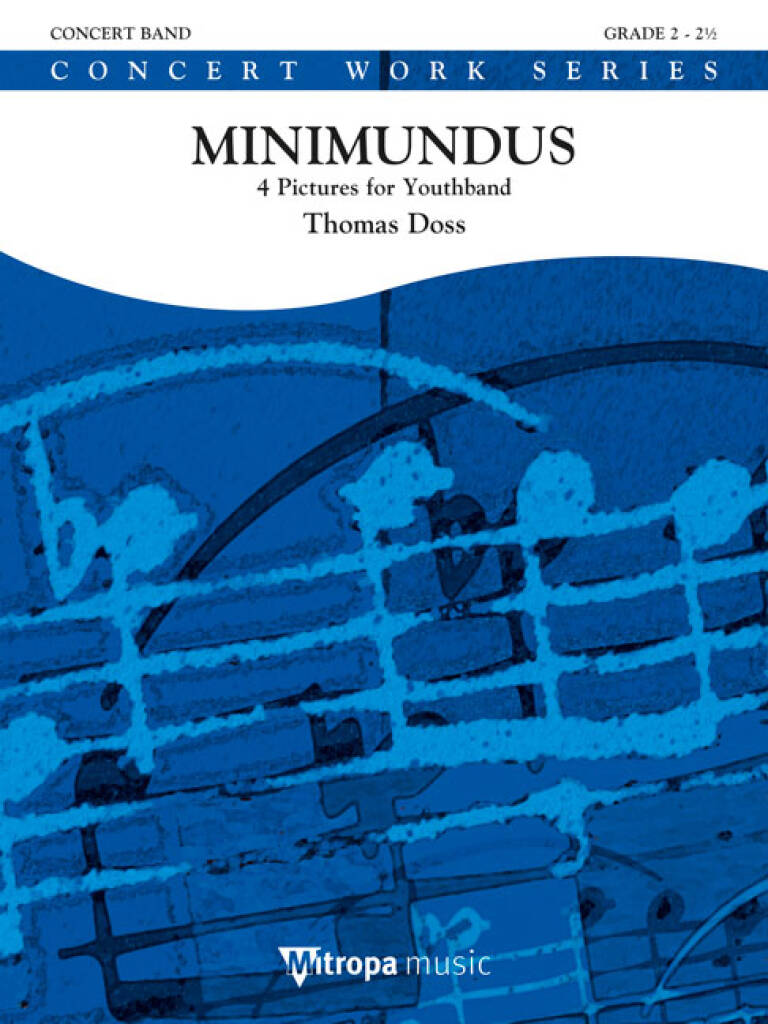 £102.99
£102.99Minimundus - Thomas Doss
Thomas Doss composed this suite against the backdrop of his experience with young conductors and youth orchestras. Each of the four parts contains a different "soundscape", in which each of us is free to let our imaginations run wild.An Overture, heralding a celebration, a magnificent Pastorale at dusk, the Lament that seems descended from heaven, and finally a colourful, fiery Danza - ideal for young orchestras and conductors with plenty ofimagination.
Estimated dispatch 7-14 working days
-
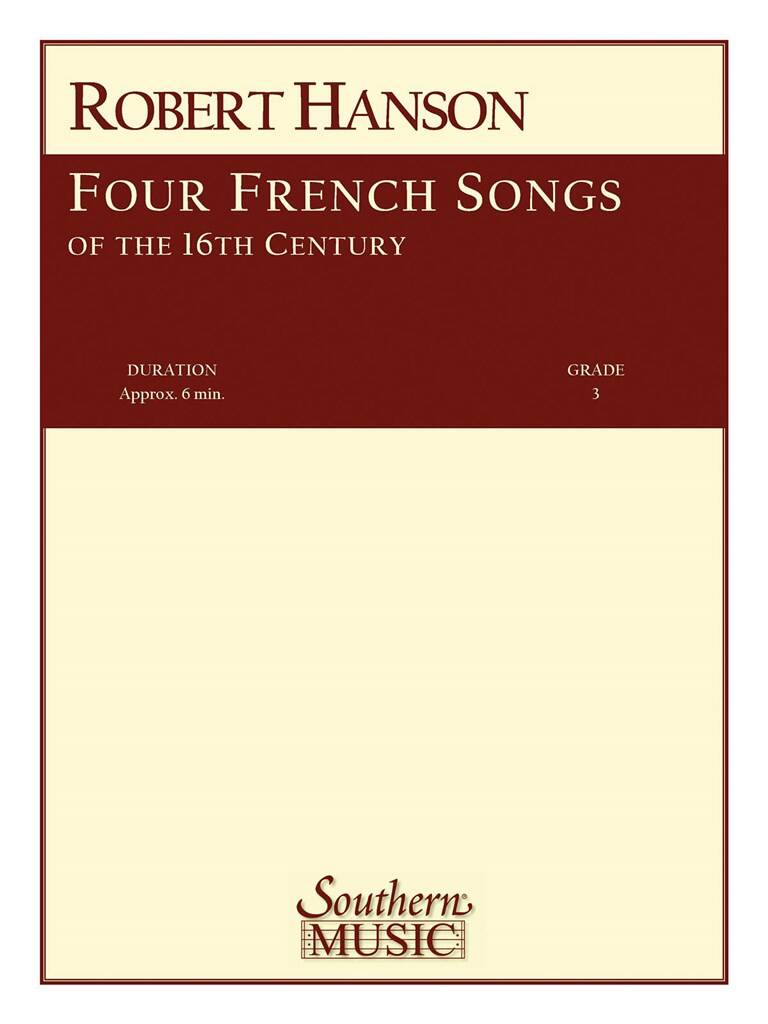 £141.99
£141.99Four (4) French Songs Of The 16Th Century
Estimated dispatch 7-14 working days
